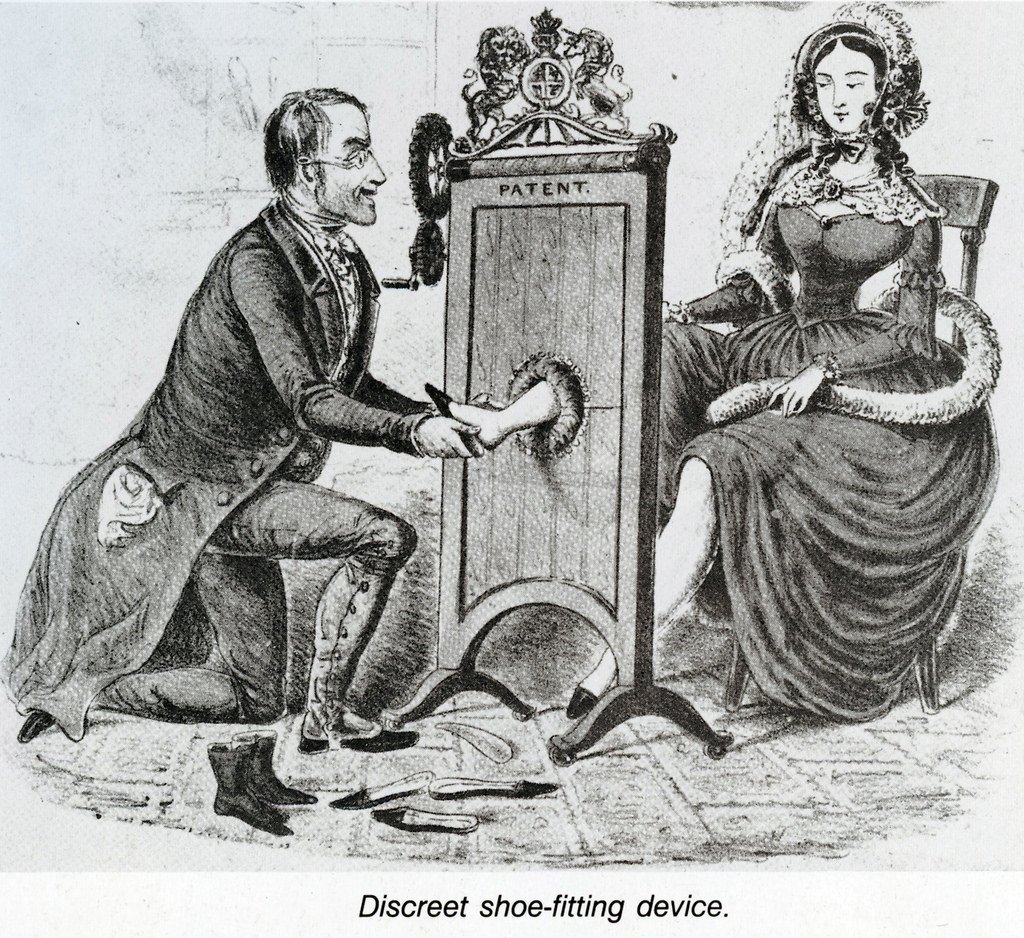Why We Need Etiquette Again
Cary Grant, black and white, hat in hand from vacating a building because gentlemen do not wear hats indoors. This image is one of the most common that comes to mind when one thinks of etiquette and the 'old order'. But is that it? Is there no more use after that?
In this article, we look at three key questions:
What do we need etiquette for?
What difference does it make?
How much of it do we really need?
Let us begin, ladies and gentlemen.
What do we need etiquette for?
Is any of this relevant to modern life? You bet.
Etiquette, or more – manners - are more relevant than ever. Given the rise of technology and the digital world, we spend most of our lives through a screen, and our real-life interaction skills have suffered because we do not practice them anymore or see a primary role in them.
It seems that our standards for manners are lower than they have ever been before. At the same time, especially in a country such as mine (United Kingdom), which has led the world in etiquette.
The Victorian Era put proper etiquette as we know it on the map, though admittedly, they took it to meticulous extremes with three flicks of the fan here and there, 8-course meals or something as absurd as the below.
That era vanished because so much of life changed so drastically. Is it accurate to say life has irrevocably transformed? Are we no longer humans? Do we not eat and drink, wear clothes or converse with others? Of course, we do. Etiquette is old-fashioned because life is old-fashioned. There are plenty of things that will never change.
You can ask anyone if they think manners are important and valuable, and the answer will be a unanimous fat yes. The problem is that we rarely know what they are, and while many people do not care, many do and want to learn. We do not know how to conduct ourselves properly, how to eat, drink, talk, walk, greet, converse, stand, sit, and so on.
It does not matter who you are or wherever you are in the world; you will always need good manners. The mere fact we have smartphones does not and ought not to change any of that.
What difference does it make?
Even if you are not convinced and think it is too overdone and only valid for a specific reserve of society, then allow me to persuade you otherwise.
You may have noticed that when you are younger, you may not have high regard for your use of language; teenagers frequently speak in a short, cut and chopped way that makes communication for them very quick and easy.
The teenagers who insist on growing up, alas many of them rarely do these days, start to use language properly, complete and correct sentences, and have better pronunciation regardless of dialect.
What is the reason? They do this, either known or unknown to them, because if they want to go anywhere in the world, then it will become apparent to them that they have to conform to how the world really works, in this case, how language works.
Language is a kind of objective reality, as it were. That is, there is not and cannot be any private language, as Wittgenstein said. The way we use it does make a difference. I cannot just decide that I will remove syllables and say that it is perfectly alright with me and everyone else to accept it.
Likewise, etiquette is just a fact of the world when we admit that it is not ultimately the tiny details of a Victorian aristocratic luncheon but the way we conduct ourselves as civilised human beings anywhere, at any time, in any era and with anybody.
So I, too, cannot just decide that it does not matter if I do not produce my hand to greet someone or continue talking whilst masticating violently, that no one should judge me and think any less of me. There is an inextricable link between how I behave and who I am. Etiquette benefits everyone, whether they like it or not because it represents something real in the world.
How much of it do we need? Is it all necessary?
You may be convinced that you need some degree of manners and skill but not yet persuaded that you need to obey so many rules. Why bother going to extremes?
Firstly, it depends on the setting. In some environments, the rules may be laxer, and you can afford to be more individual in your approach (e.g., in your own home), but in many others (a formal dining event), you definitely should follow the rules and never wing it.
Until you know most of the essentials and rules, you don't really have the knowledge to know when to break them.
You might decide to break one rule and then break another, and this is what I warn against. The moment you decide that it is unnecessary to do something that you normally should, say, not using a napkin rather than placing it on your lap, then what next? ‘Do I have to break the scone? I can’t just cut it?!' or 'Oh, she can open the door for herself!'
The slippery slope is no joke, and I believe most of us suffer from insolence in believing our minor actions matter so little. Au contraire, in the example I have just given if you think it is needless to place your napkin on your lap, why is it not needless to break your scone instead of cutting it, and if so, then why is it not unnecessary to close my mouth while chewing, surely it matters what I say, not how I say it, right?! This is the kind of cavalier selfish speak that plagues the modern world: the belief that 'my thoughts and behaviour matter to me only and if nobody likes it, then tough'.
For as long as you think it is superfluous to have good basic manners, it is more unlikely for you to go anywhere in life.
Do you want to be successful? How about that one business lunch, upon which a huge deal depends, and your potential investor sees how you lounge your elbows over the table while embarking on a political discussion instead of avoiding that taboo subject and sitting properly?
Needless to say how successful that lunch will go.


